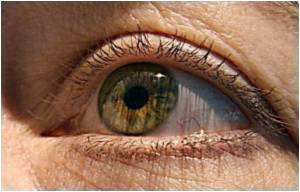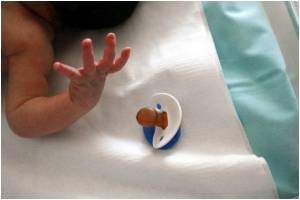
Rakyan and an international group of colleagues purified genomic DNA and analyzed DNA methylomes from Guthrie cards and verified that this archived DNA yields high-quality methylation data when compared to fresh samples. The researchers then compared the DNA methylation profiles of newborns to the same healthy individuals at the age of three, looking for epigenetic variations detected in the Guthrie card sample that are stable into the early years of life.
"We found similar epigenetic differences between different people both at birth and when they were three years old," said Rakyan, who added that these differences, already present at birth, are unlikely due solely to inherent genetic differences between the individuals, but also due to environment or random events in utero. Furthermore, Guthrie card samples could be analyzed for both genetic and epigenetic differences together to view a more complete picture of the genome at birth.
Guthrie card methylomics is a potentially powerful new application for archived blood spots, which could provide a wealth of information about epigenetics and disease, and could give clues about health later in life. Dr. David Leslie, co-senior author of the study, added that because national health authorities routinely make Guthrie cards available, and with the proper consent obtained from parents and children, "we are talking about an invaluable, and non-renewable, resource for millions of individuals."
Source-Eurekalert









